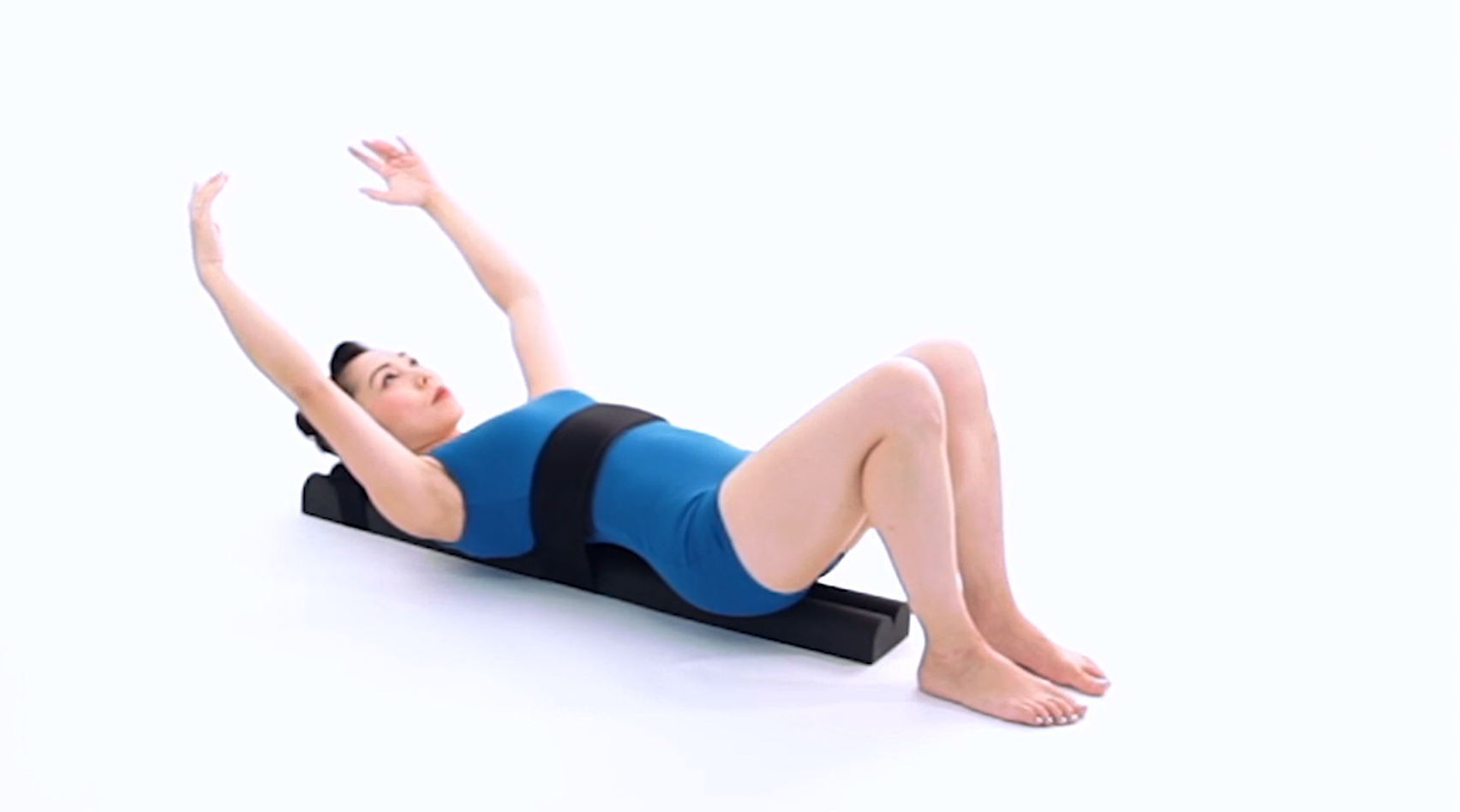
Parasetter®
“Parasetter enables 3-dimensional cognitive breathing which reduces stress levels and inflammation.”
— Marika Molnar PT L.Ac
About Parasetter®
Two dual rollers foam that feels like Suede! Rollers are connected by a channel which “houses” the bony part of your spine; 40 inches long 2 ½ inches high 5 inches wide. Includes a Head Rest Pillow in neoprene fabric used in three cervical spinal positions on and off the Parasetter®Also neoprene warming Rib Wrap that connects the spine to the dual rollers and is used separately for Lumbar compression. Parasetter® lowers cortisol, aligns the spine and relieves back pain. Also used for an entire exercise class in sitting , kneeling, standing postures.
“Sitting is the New Smoking.” Click to watch
Support the Parasympathetic Nervous System
Lowers Cortisol & Decompresses Fascia
Parasetter®, used with posterior lateral breathing exercises, optimizes diaphragmatic movement. Adding lower back stretches facilitated by the dual roller system will improve the flexibility of the intercostal muscles, the spine, and the deep fascia that is continuous from head to toe. In the Recovery Sequence, feel how to reset the Parasympathetic Nervous System.
Parasetter® Recovery Tips
- Head Support is positioned for comfort.
- Close eyes or place a cloth over them.
- Use Parasetter® on the floor or a firm mattress.
- With Parasetter® on floor, legs can rest on a chair.
- Limb movements are optional.
- Other limb sequences can be used.
- Ten minutes of breathing is optimal.
- Rib Wrap should be snug.
While focused breathing is necessary for resetting the Parasympathetic Nervous System (PNS), it’s actually the exhalation that is key. It’s essential to exhale for a few counts longer than your inhale because the vagus nerve – which runs from the neck down through the diaphragm – sends a signal to your brain to activate the PNS and reduce the activity of the Sympathetic Nervous System (SNS). We already know the SNS is responsible for cortisol and the fight-or-flight response. By performing focused breathing, a longer exhale than inhale, the body is able to return to a calmer state much more efficiently and effectively.
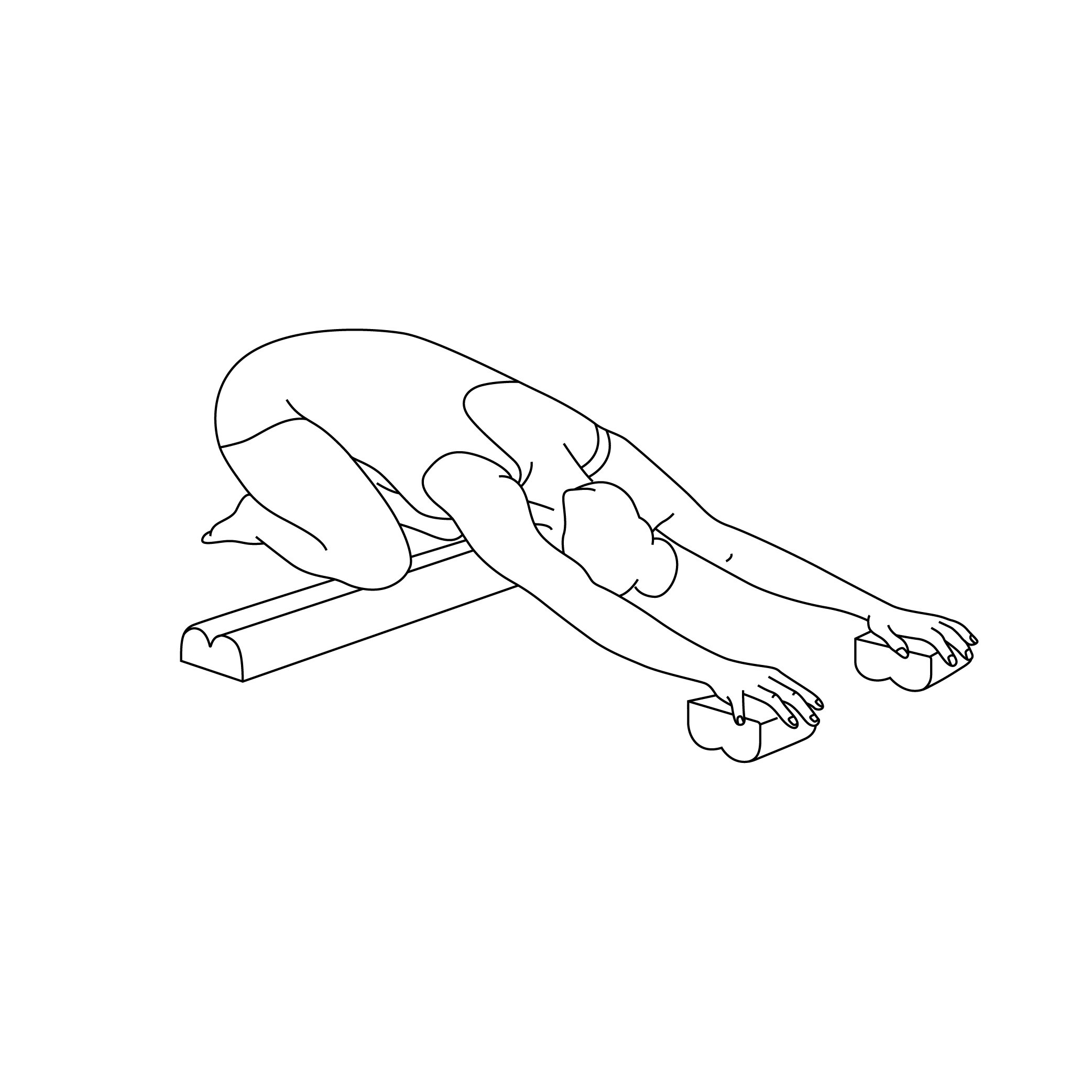
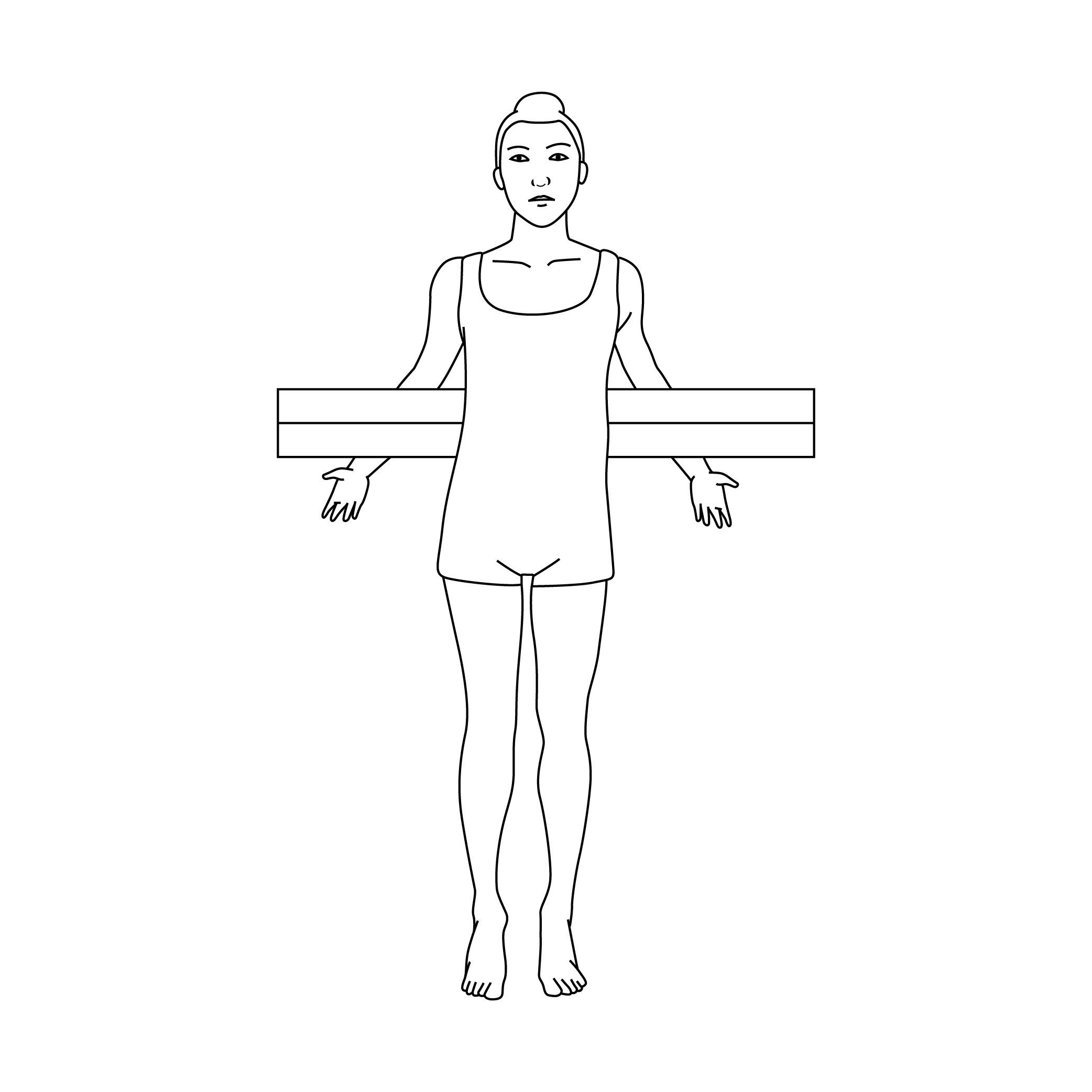
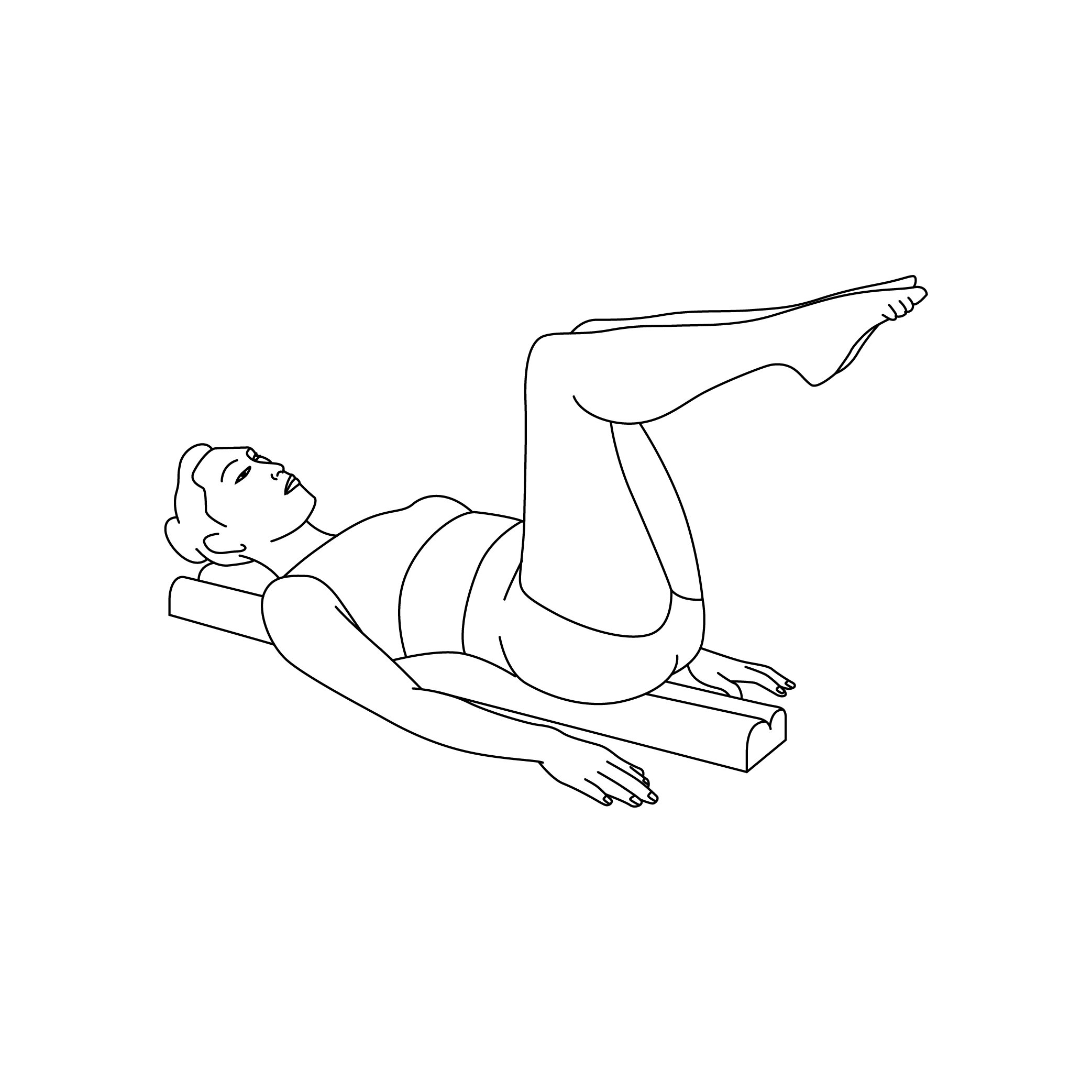
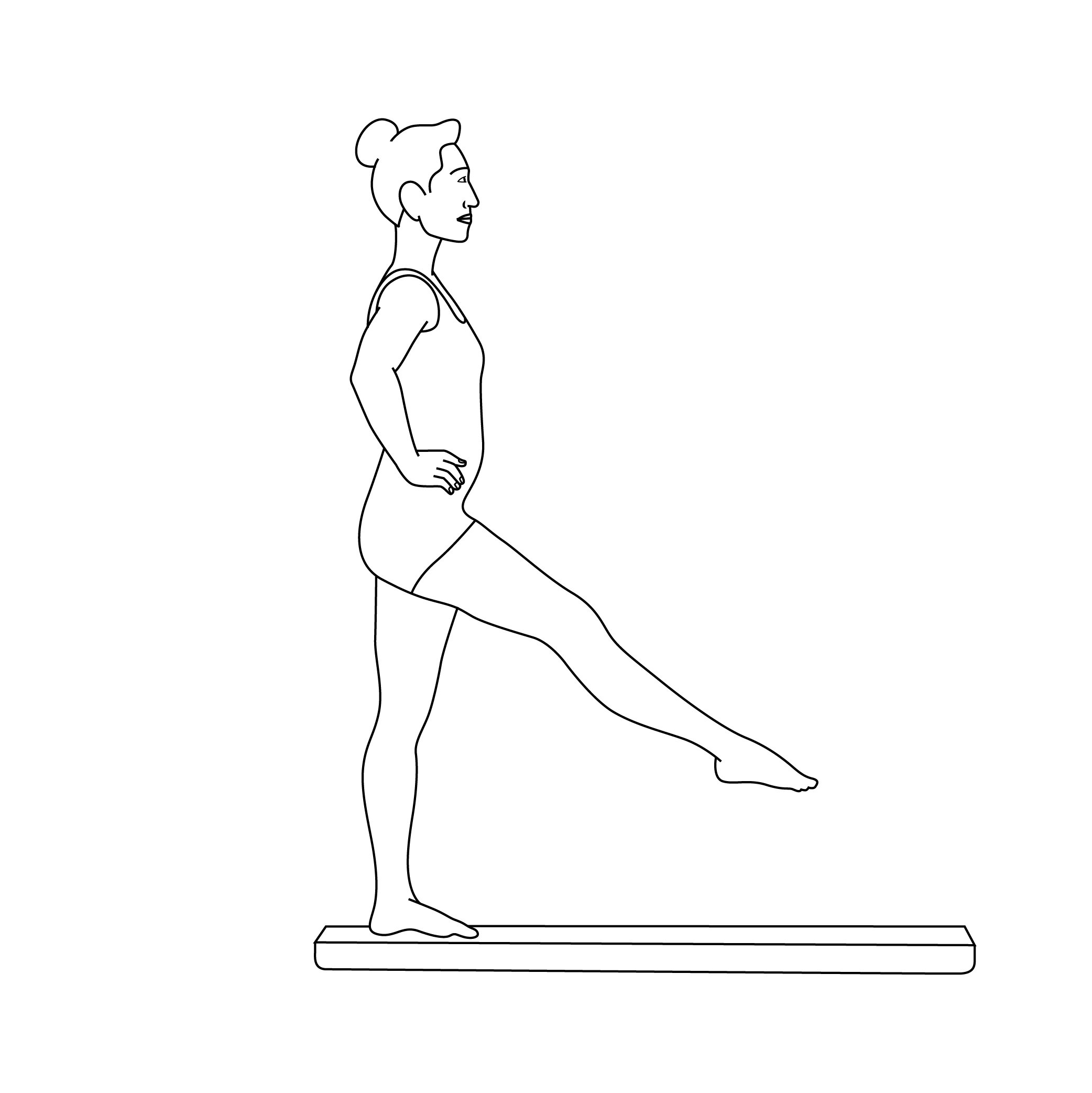
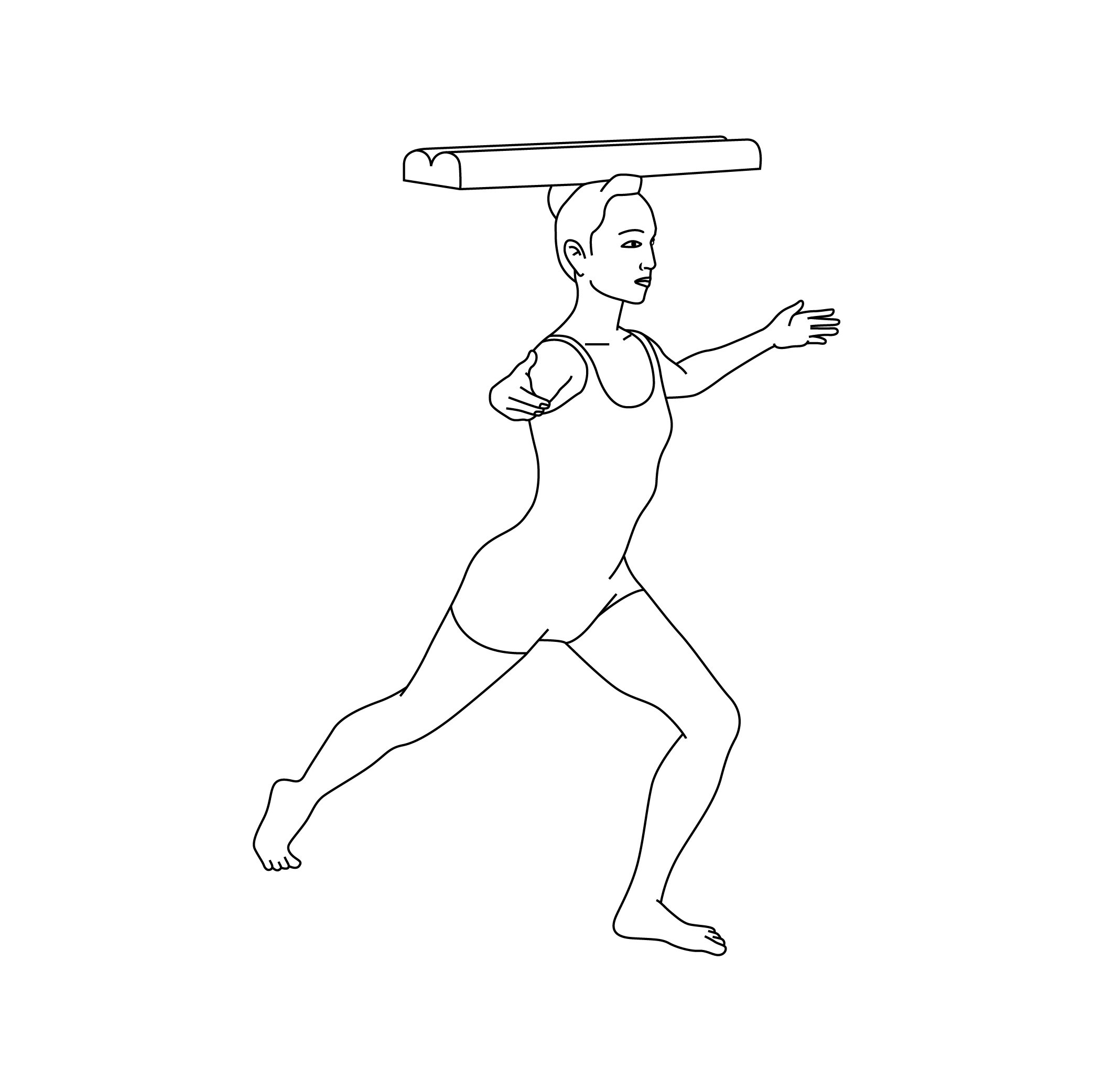
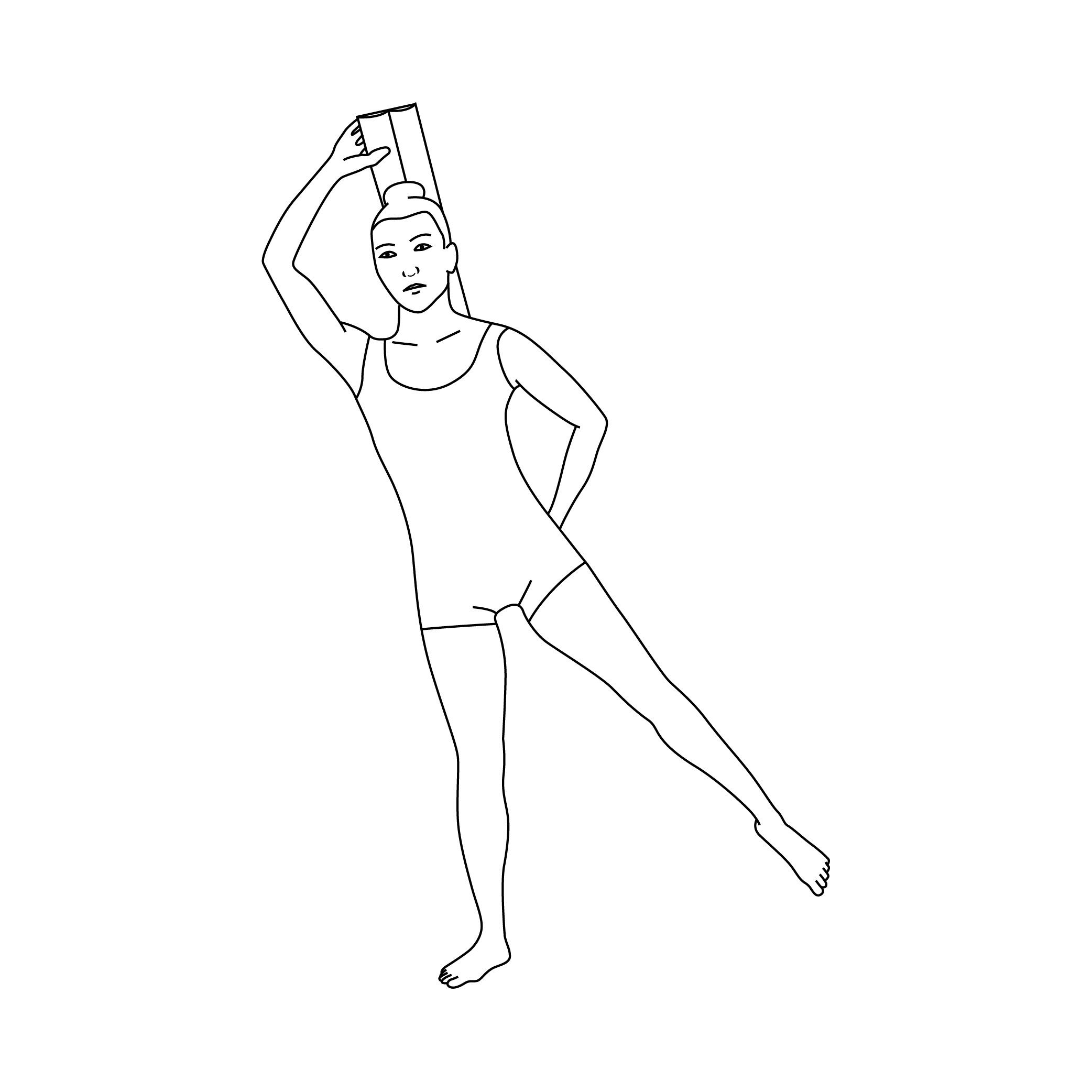
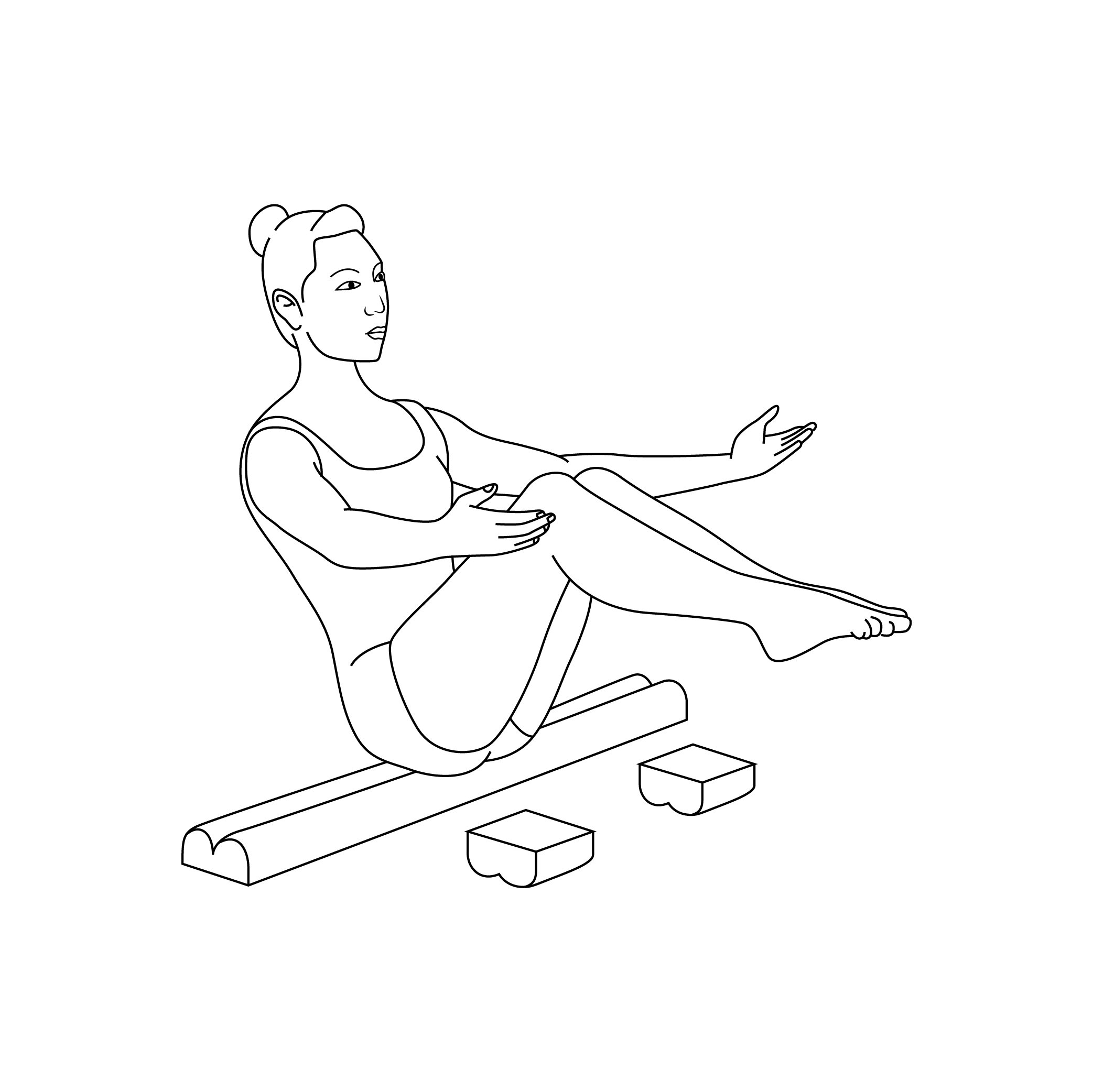
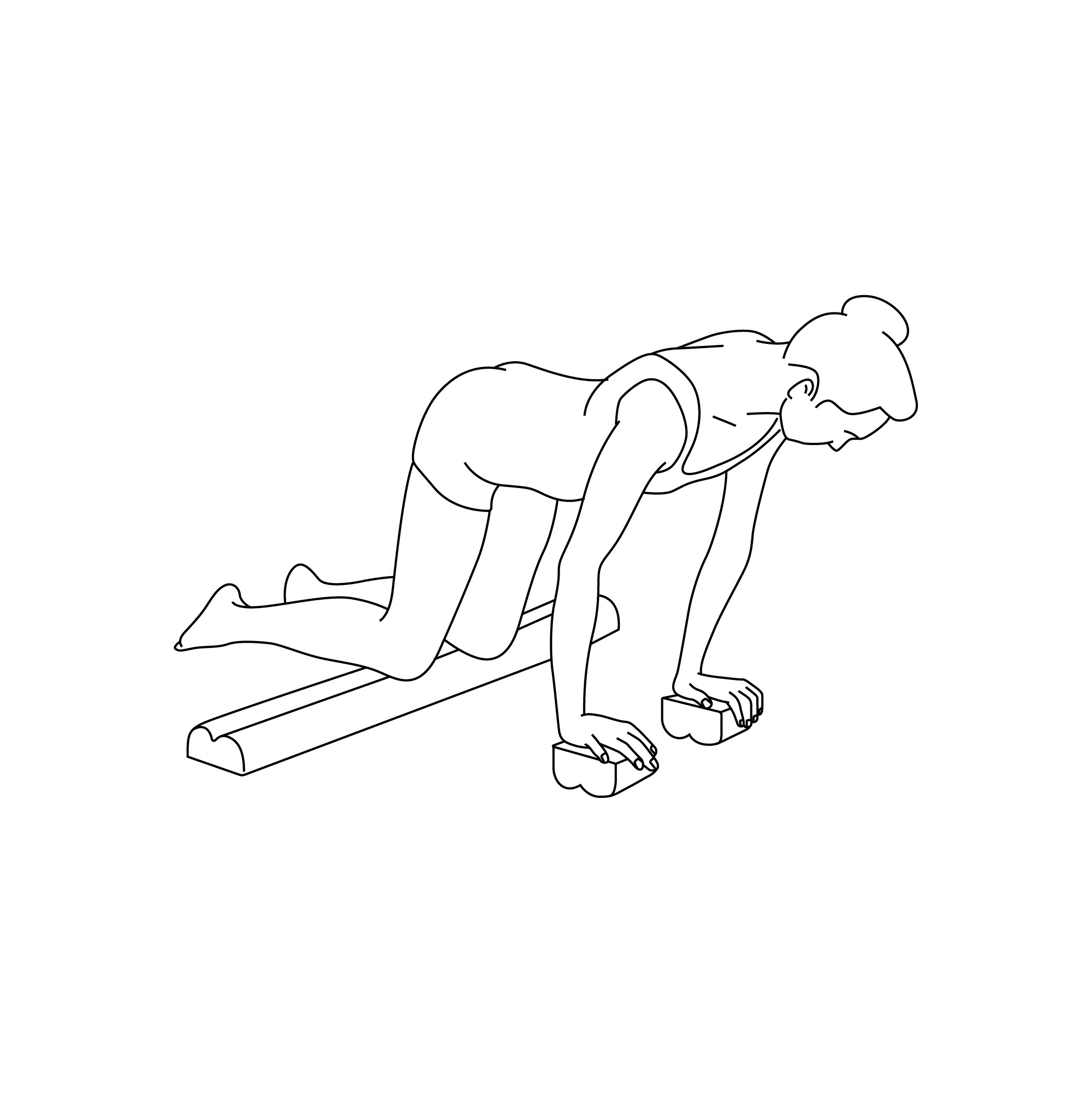
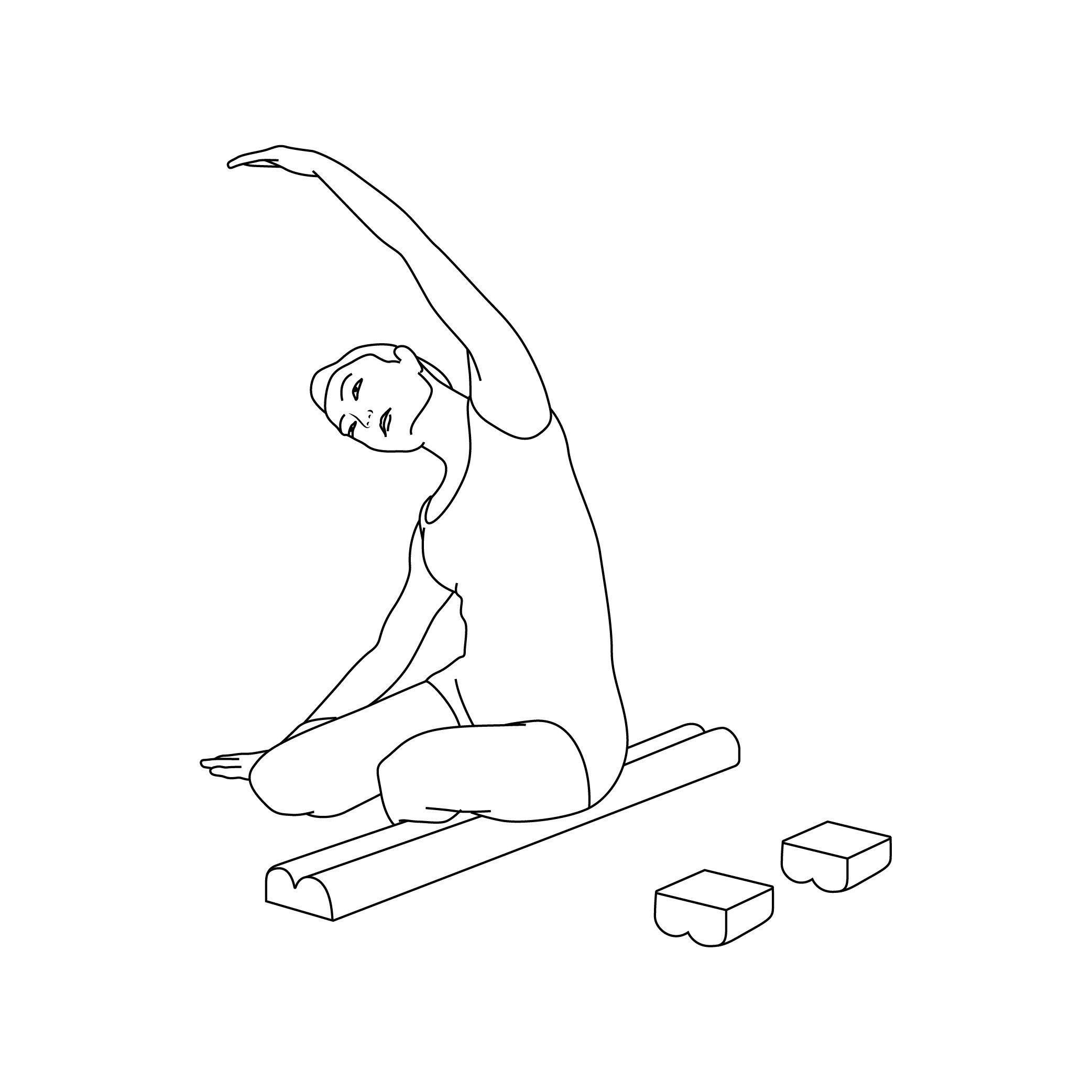
Parasetter® Testimonials
The Science Behind It
The autonomic nervous system (ANS) helps us to adapt to the changing internal environment of our body. The two parts of this system are the parasympathetic nervous system (PNS) and the sympathetic nervous system (SNS). Although they are supposed to balance one another, modern life gets in the way, causing excessive and ongoing stress. This is where cortisol comes into play. Even though cortisol is a necessary hormone—it gets us up in the morning to start our day—too much is NOT a good thing. When chronically elevated levels of cortisol remain in the system, we are susceptible to abdominal fat gain, low energy, sleep problems, cognitive decline, increased blood sugar and insulin levels, and compromised immune function.





